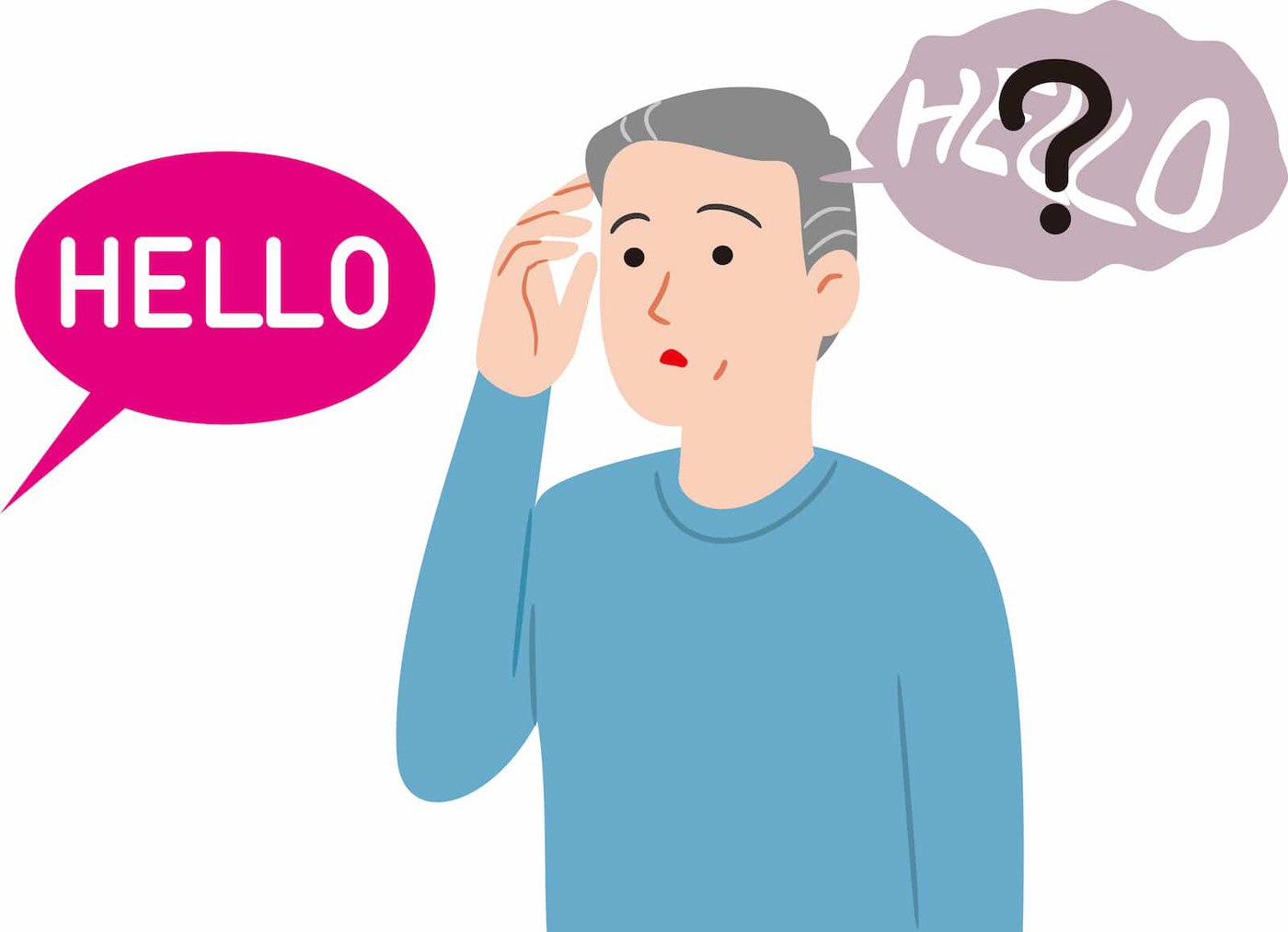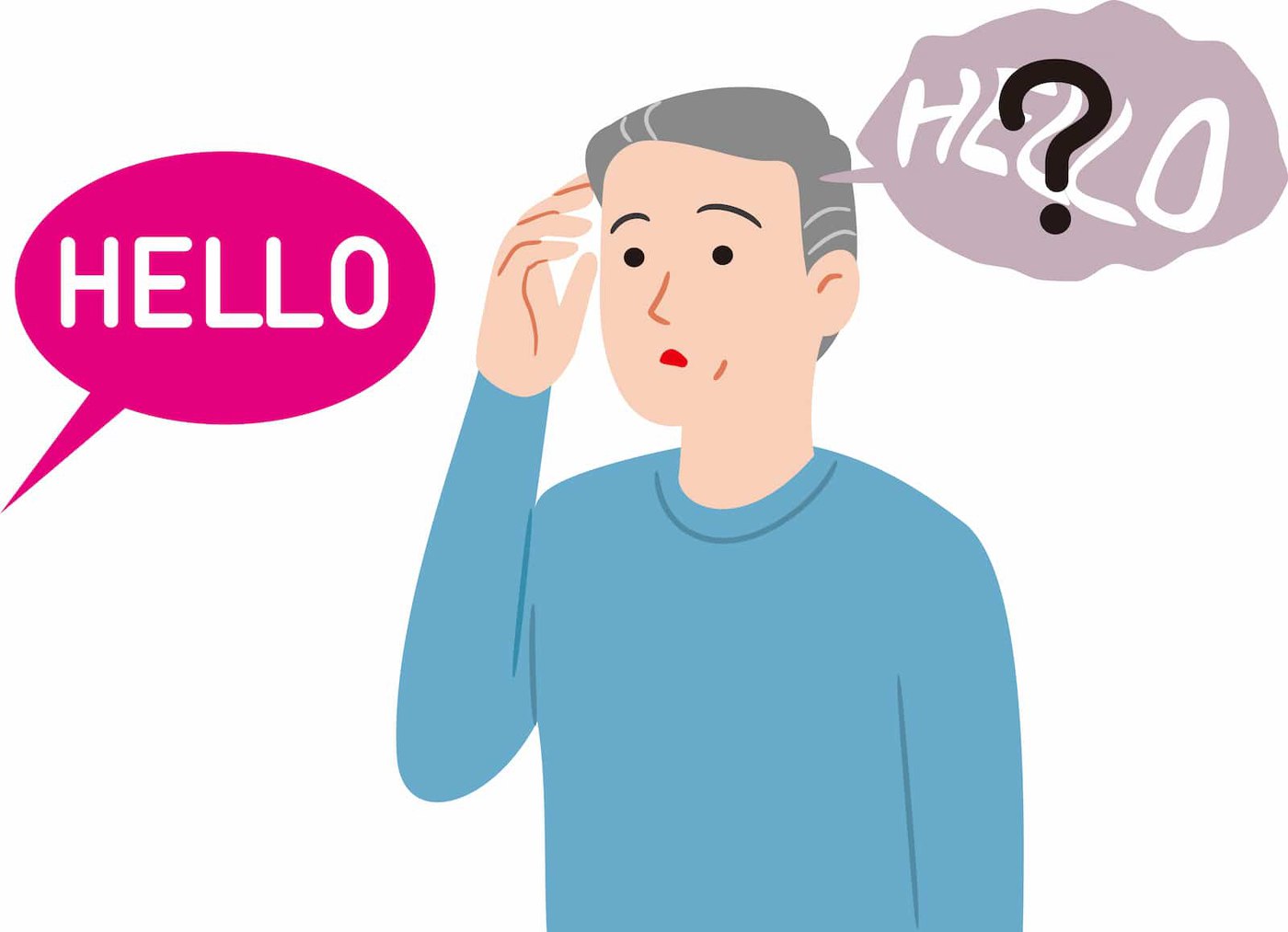Aphasia: Types, Causes, Prevalence, and Treatment Options
April 26th, 2022 | 4 min. read


The left side of your brain is responsible for developing your speech pattern. It helps you to speak and comprehend what others are saying. Your brain also enables you to use other modes of communication like reading and writing skills
.
When the left brain of a person is damaged due to a stroke or other conditions like brain tumors, injuries, dementia, or infections, it can affect their communication ability, causing aphasia symptoms.
What is Aphasia?
Aphasia is a disorder that affects the left side of the brain, which is responsible for languages and expressions like speaking, reading, and writing, making a person unable to communicate effectively.
Brain damage can happen suddenly because of a stroke or brain injury. Or, it can be a gradual change due to conditions like a brain tumor or an underlying infection.
Aphasia Meaning
The word 'aphasia' means losing the ability to understand or express speech because of a brain injury. It is a problem of communication that arises because of damage to the brain's left hemisphere, which is responsible for controlling the language and speech patterns.
You can suffer from aphasia after having a stroke or a brain injury. It can also occur due to a brain tumor or an infection on the left side of your brain.
Aphasia can affect all or any area of communication like reading, writing, speaking, understanding, drawing, and using gestures to communicate. However, aphasia does not affect a person's intelligence, and the patient often knows more than they can express.
Aphasia can be devastating not only for the patients but also for the caregivers. The hampering of communication skills can create problems in employment and can profoundly affect a person's social life. Limited communication skills can also cause problems while rehabilitating the patient post-stroke.
People with aphasia after a stroke are likely to have a higher morbidity and mortality rate than those who had a stroke without aphasia.
Request an appointment for an aphasia consultation
Types of Aphasia
Aphasia can be broadly classified into fluent and non-fluent, and there are several types within such groups. It can be grouped in mainly three aphasia types:
Broca's or Expressive Aphasia
It is the most common type of non-fluent aphasia in patients. Broca's aphasia can occur due to damage to the brain's frontal lobe. As the brain's frontal lobe is responsible for motor movements, people with Broca's aphasia can have weakness on the right side or have paralysis of the arms and legs.
People with Broca's aphasia can understand what other people are saying, even when their communication is compromised. They usually struggle to get the words out and often use short sentences, omitting words like 'the," and,' and 'is.' For example, people with Broca's aphasia might say 'walk dog' instead of the complete sentence,' I will take the dog for a walk.'
Broca's aphasia patients can understand more than they speak, so they suffer the most frustration with their inability to get the words out quickly.
Wernicke's or Comprehensive Aphasia
Also known as fluent aphasia, people having Wernicke's aphasia can speak fluently and easily in long, complex sentences. Still, often their speech does not make sense or is full of unnecessary, incorrect, or unrecognizable words.
People with Wernicke's aphasia can see the words in print and hear the voice but cannot comprehend them clearly. They also lack the sense that others cannot understand what they are saying.
Global Aphasia
It occurs in people who have had severe damage to the brain's language areas. People with global aphasia have severe communication problems and can be extremely limited in how they communicate, speak or understand language.
Global aphasia patients cannot speak even a few words and often repeat the exact words over and over again. They often fail to understand even the simplest of words and phrases.
Certain other forms of aphasia are:
Conduction aphasia: In this rare case, people can understand and speak fluently but have trouble repeating the words and phrases.
Anomic aphasia: This is the least severe form of aphasia where people can experience trouble naming the correct objects, people, things, or places.
A person with aphasia may not fit into a classification perfectly and often moves between classifications on the road toward recovery.
Also, sometimes aphasia symptoms can occur with other speech impairments like apraxia of speech, complicating its classification.
Causes of Aphasia
Commonly, aphasia can occur because of brain damage resulting from a stroke that causes rupture or blood clots in the brain. It can lead to brain cell death or injury to the language area in the brain.
Brain damage caused by an injury, infection, a brain tumor, or a degenerative process like dementia can also affect the brain's communication area, causing aphasia in people.
Aphasia can also occur temporarily in people suffering from migraine seizures or a transient ischemic attack (TIA). A TIA may happen when the brain's blood flow is temporarily blocked. People having TIA are at increased risk of having a stroke.
Prevalence of Aphasia
As per recent studies, there are 180,000 new cases of aphasia per year in the United States.
While aphasia is common in people in their middle or later years, It affects men and women equally. About 1 million people in the U.S are currently suffering from aphasia.
Aphasia Treatment Options
The physician treating a person with brain injury can often perform additional tests to determine the patient's language and communication ability post-injury.
If aphasia is suspected, the physician will refer the patient to a speech-language therapist to examine the patient's communication and language abilities.
Usually, the brain recovers very quickly after an injury, and speech therapy is recommended as soon as possible to derive the maximum benefits.
Aphasia language therapy helps the patients learn new ways of communicating, using gestures, images, or electronic devices to overcome their speech disabilities.
In speech therapy, the communication ability is improved by one-to-one repetition of the words and phrases commonly used. The therapists also work with patients in learning to make basic sounds again.
Speech therapy for aphasia often includes group sessions where aphasia patients support one another and learn to communicate in a group setting. The families and friends of aphasia patients are also included, who learn better ways to communicate with the patients and be effective caregivers.
Aphasia patients are also equipped with electronic gadgets and apps to help them communicate effectively and practice their speaking skills.
Advanced research is being done where scientists explore non-invasive brain stimulation to improve language skills in aphasia patients.
Role of a Speech Pathologist for Aphasia
A speech pathologist is a specialist who treats and evaluates communication disorders like aphasia in people.
The speech pathologist or therapist plays a pivotal role in examining your aphasia and determining its severity. Once evaluated, the therapist will begin treatment based on the area in which the treatment is most needed.
Speech therapy often includes physical exercises to strengthen the muscles used in speech. Speech drills are done to improve the clarity of communication, while sound production is practiced to enhance the articulation of words.
Recovering from aphasia can be a long and arduous journey. Patients can take heart in knowing that with the right kind of support and treatment, they can make a considerable recovery in their overall communication process.
Call Houston ENT at Office: 281-623-1212 for more information about aphasia or request an appointment here.

